
Indigenous communities and their vulnerability to the coronavirus
Throughout the continent, alarms are being raised about the vulnerability of indigenous communities to COVID-19.
If urban communities in Latin America are already concerned about the COVID-19 pandemic, indigenous communities in isolated or distant from urban areas have other equally complex and distressing reasons to be concerned about the situation. Two cases of great relevance are the Yanomami community in the state of Roraima in Brazil and the Wayúu community in the department of Guajira in Colombia.
The state of Roraima is on the border between Brazil and Venezuela. The death of a Yanomami teenager from COVID-19 was reported in this state on April 9. According to the National Geographic, this contagion could have been caused by mining exploitation, since the community reported that the young man had been traveling through areas where mining was present.
In the case of countries such as Brazil, Colombia and Ecuador, the already scarce health infrastructure in rural and jungle areas is compounded by the enormous difficulty of social distancing in communities that live precisely because of their cohesion, constantly sharing of objects, spaces and food, the great distances that usually have to be travelled to reach care centres and the presence of uncontacted communities, which in addition to having the right to remain distant from the Western world, have an immune system much more vulnerable to exogenous diseases.
RELATED CONTENT
The Yanomami, like other communities on the continent, have tried to reduce or close off the entry of outsiders into their territories - even trying to negotiate with the miners - since the best defence mechanism in their case is the distance that separates them from the main epicentres of the disease.
However, the thirst for gold has taken hold and the community has little chance of getting help from the government of Jair Bolsonaro, in open opposition to respect for traditional ways of living.
The Wayúu community in Colombia lives in the department of Guajira, on the border with Venezuela. In this desert area, access to drinking water is already a recurrent difficulty throughout the year, and the option of washing hands every three hours falls far short of the possibilities of most of the community.
Unlike the Yanomami community, the Wayúu has constant links with intermediate urban centres, such as Riohacha, but the community's child population is heavily dependent on the school feeding programmes run by the Colombian government, which were interrupted when the quarantine was imposed.
The Colombian government has worked to provide subsidies to the most vulnerable families and the school feeding program should be back on track, adapted, as of April 20, but by this point Colombia will have been in quarantine for almost a month and the hunger of the children is not waiting in an area where hundreds die each year from malnutrition.


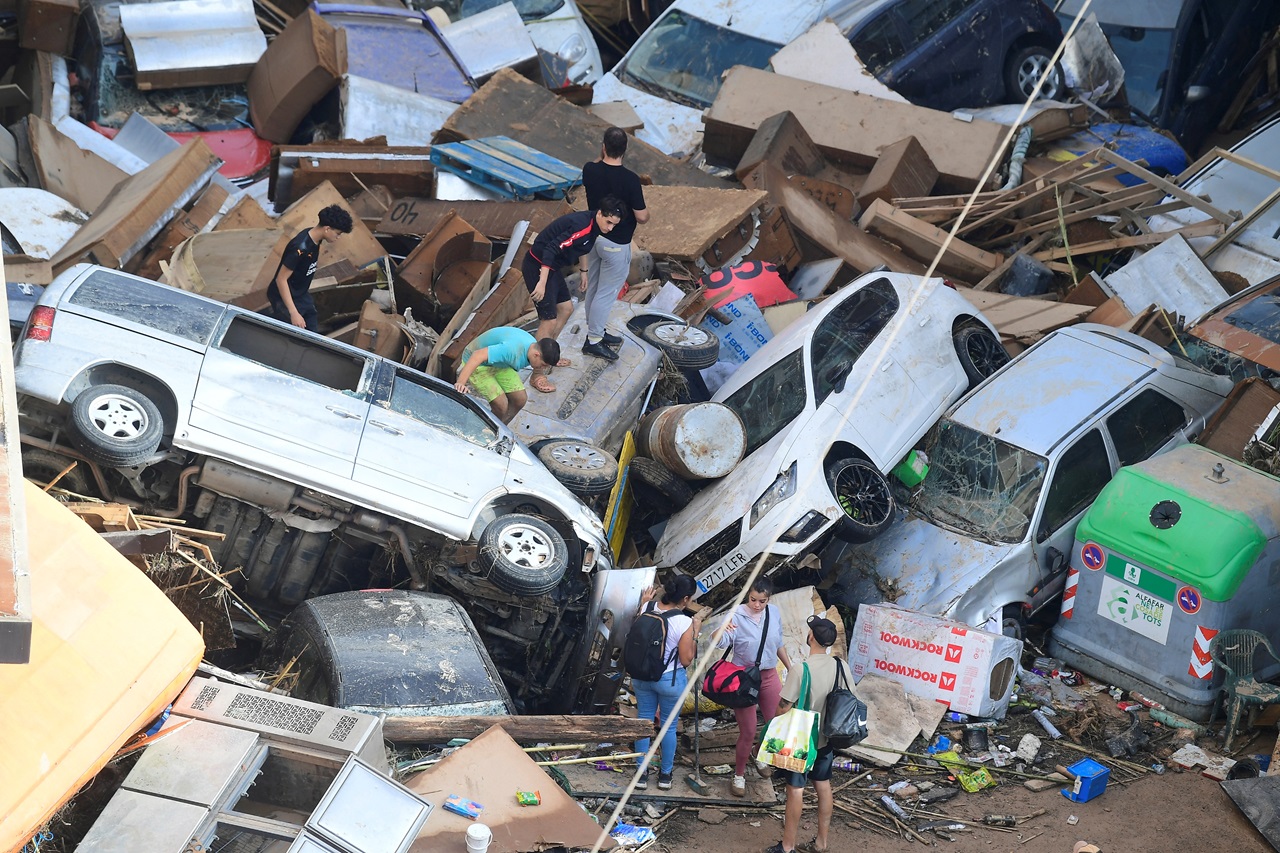
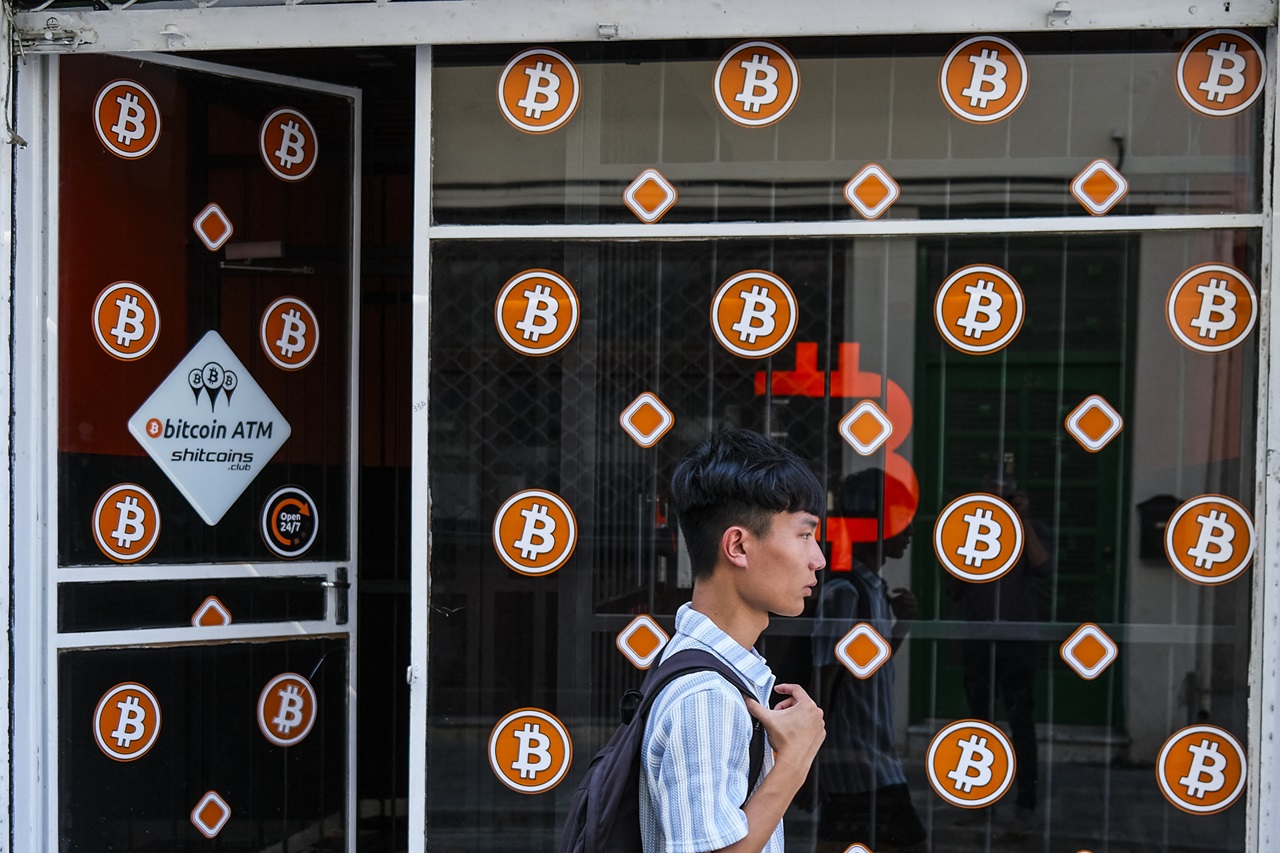
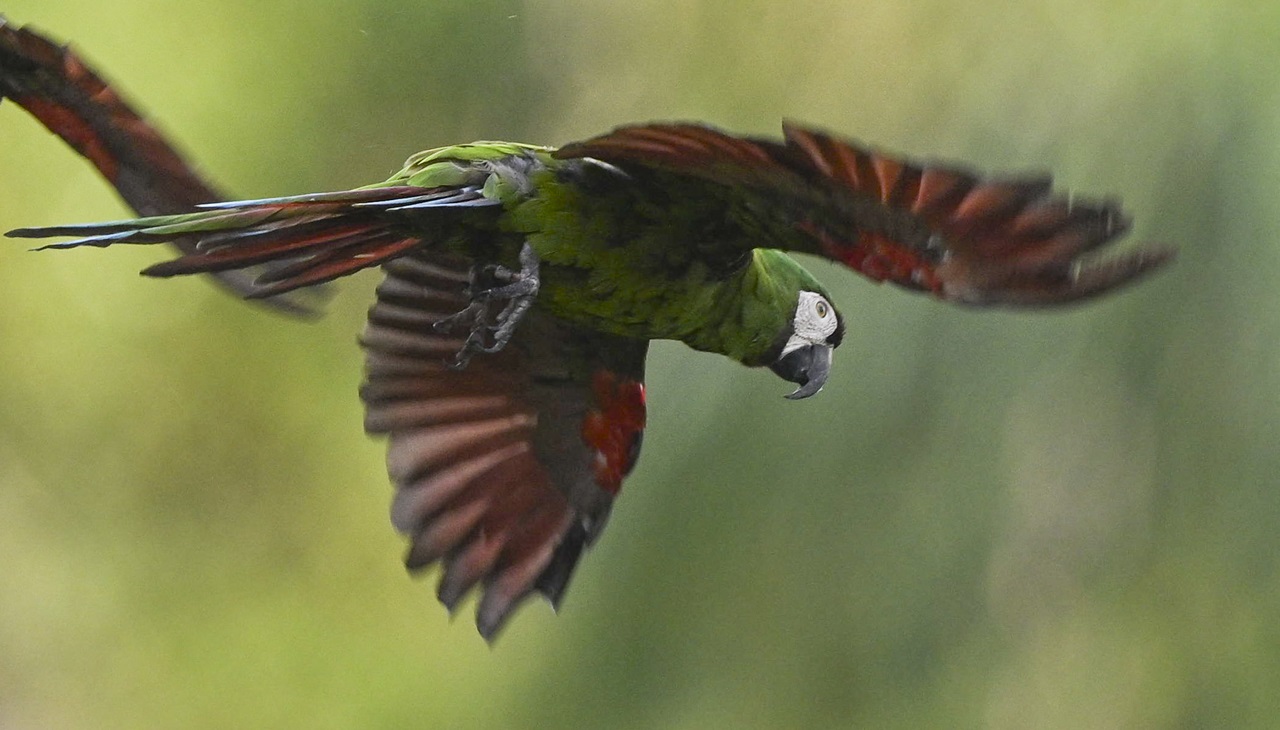
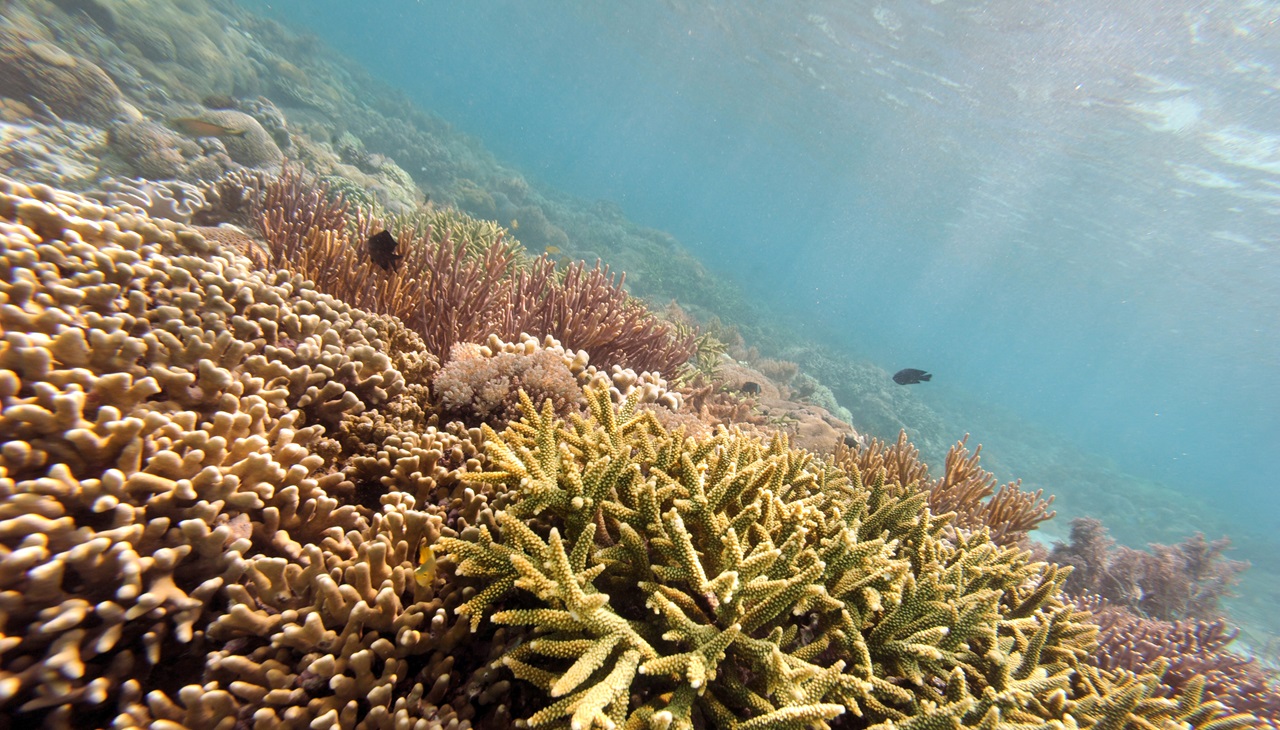
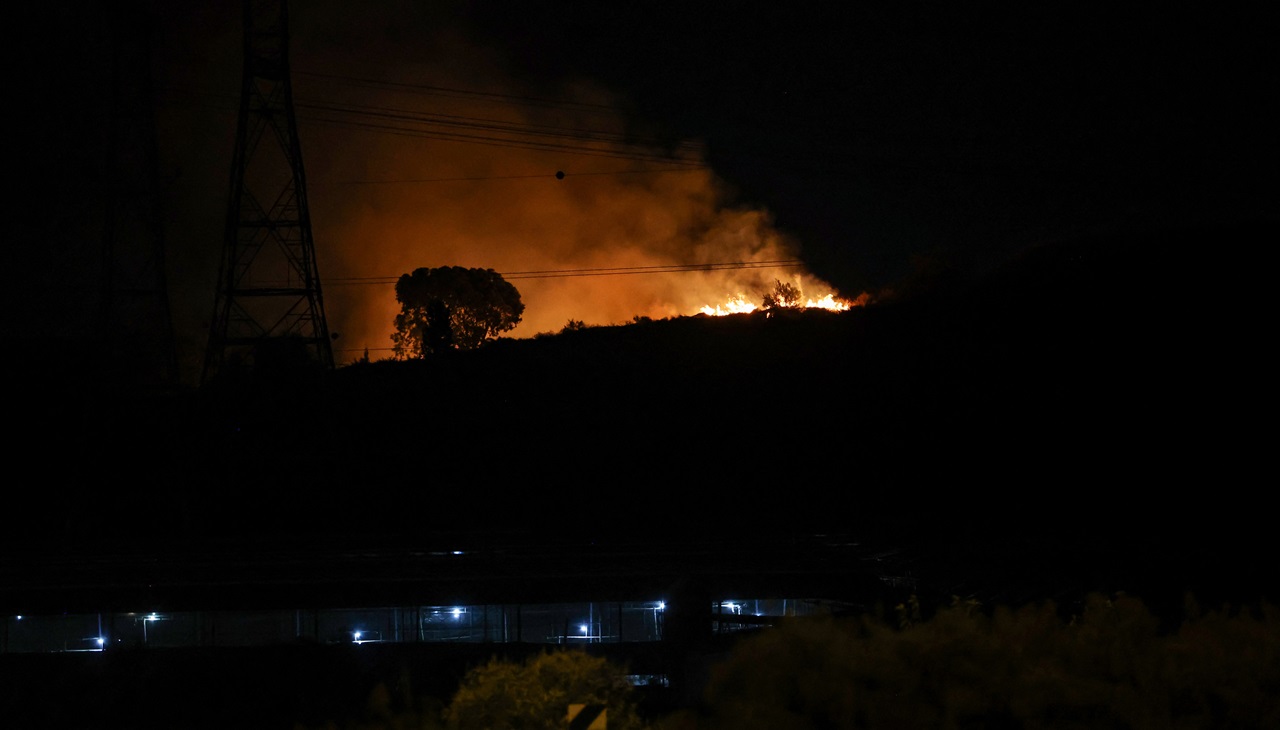
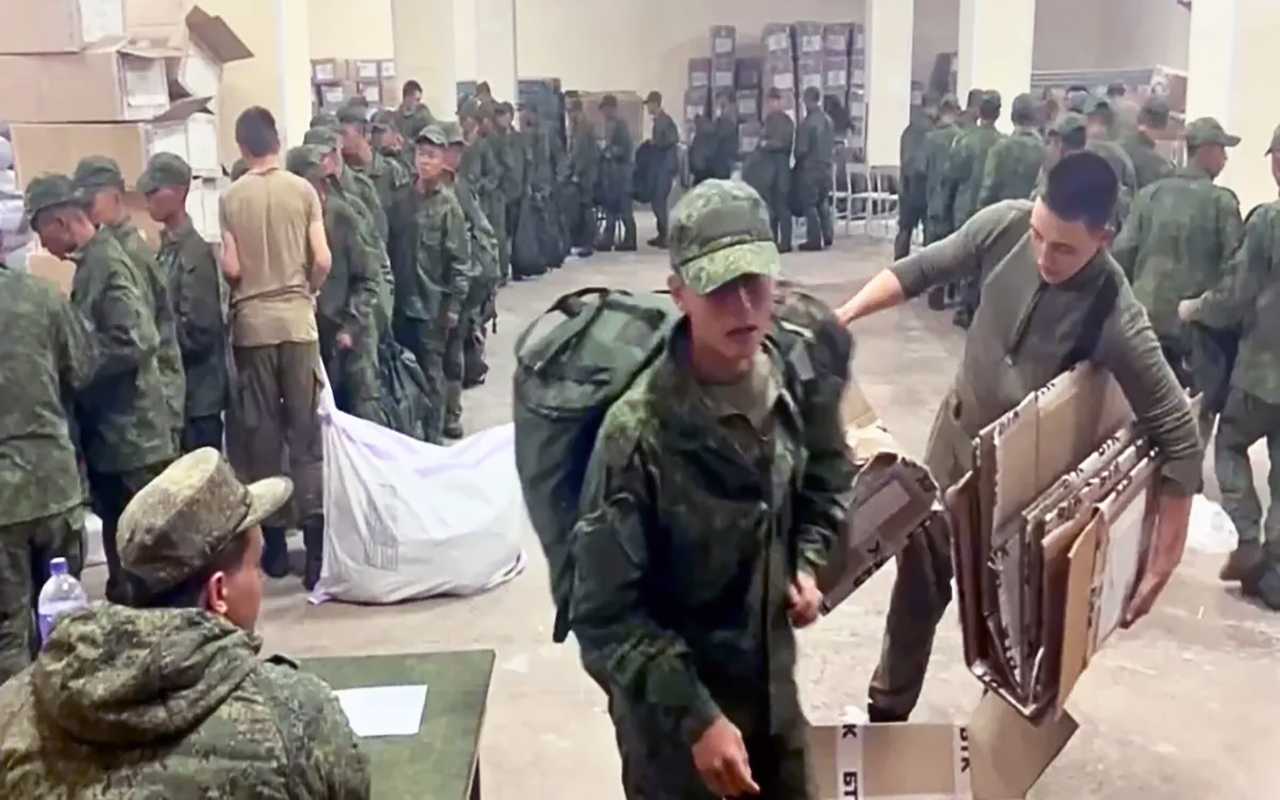
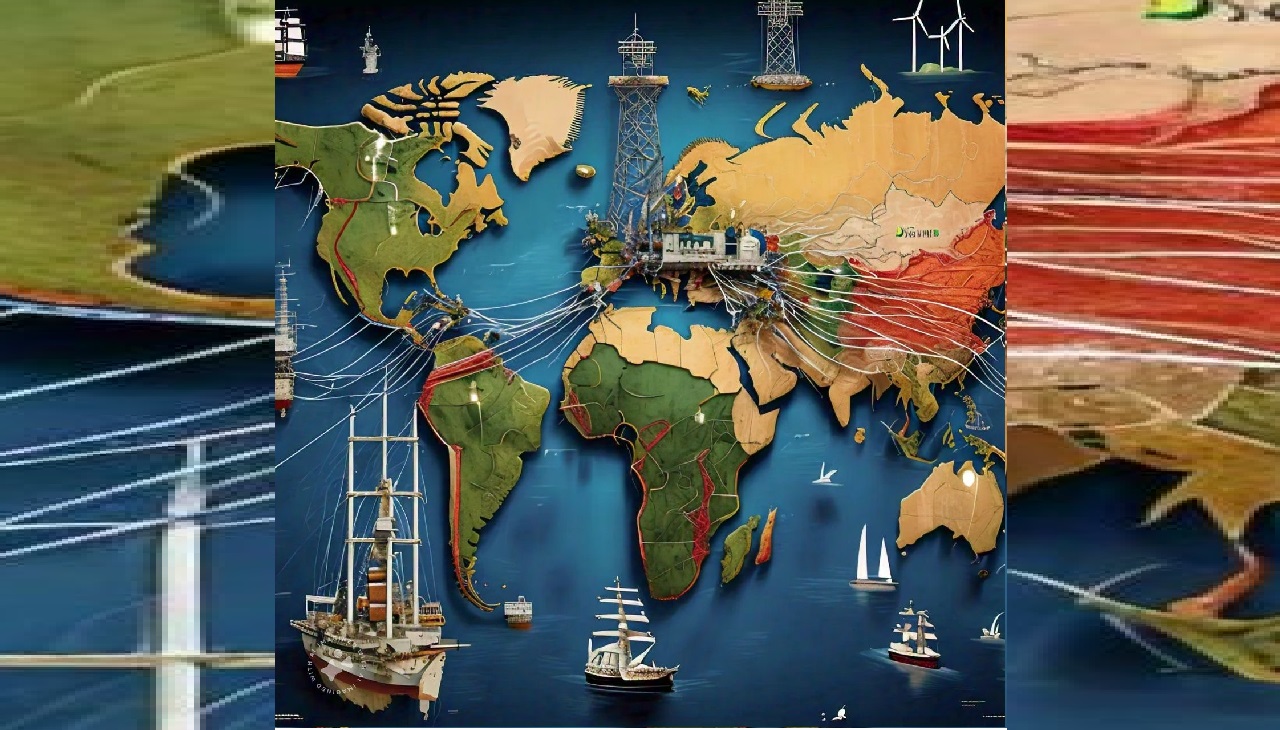
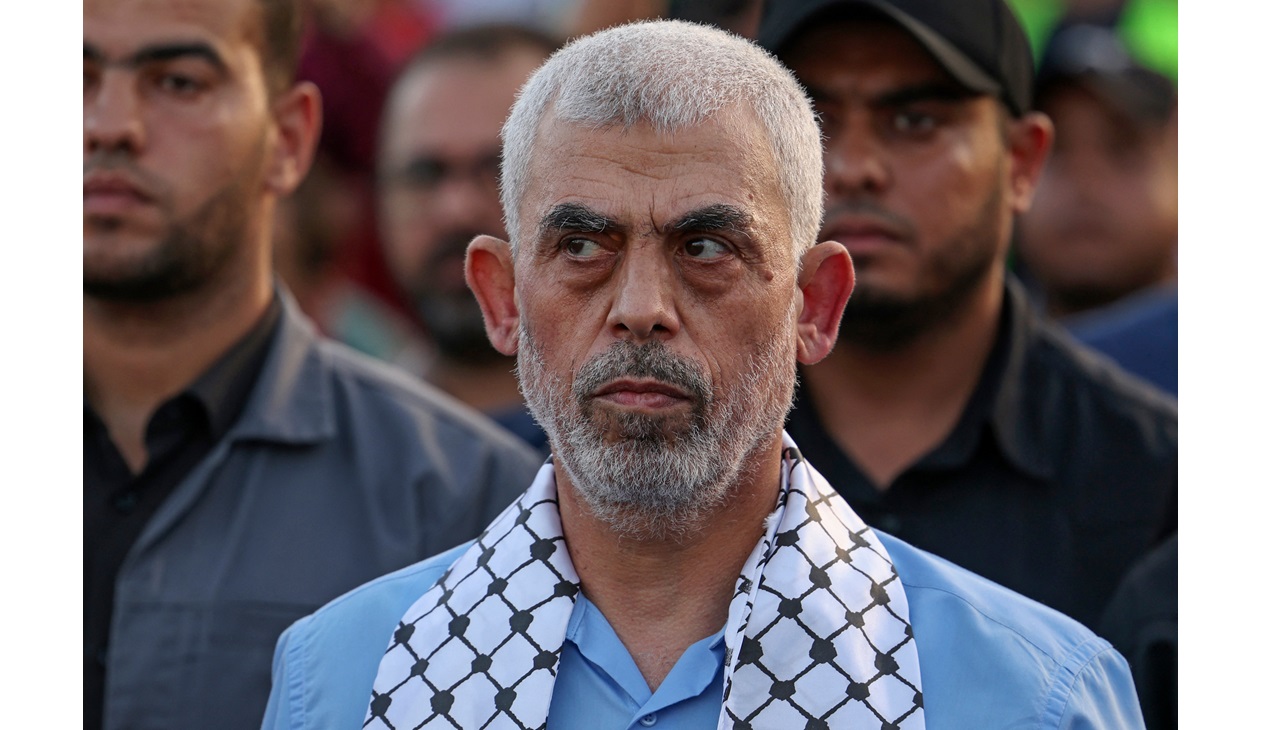

LEAVE A COMMENT:
Join the discussion! Leave a comment.